On the surface, cross country is one of the most individualistic sports at Macalester: each runner ostensibly runs their own race and finishes with their own time. In most meets, there’s a team score calculated at the end, but that only arises from the individual finishing places of a team’s top five. However, the runners themselves tell a much different story.
“I’ve been on other types of sports teams before, but for some reason, I’ve never felt more part of a team than on cross country teams,” Ivy Coldren ’27 said.
Much of that team camaraderie is built in team practices, where the athletes go on their easy runs — the longer, slow-paced runs that make up the bulk of base mileage within a training block — as a group. On those easy runs, the target pace is one where runners can hold a conversation, and it’s in those running chats where much of cross country’s team cohesion emerges.
“We do all of our easy runs together, so we’re all doing somewhat comparable training … for those first set of miles [before people branch off to do different distances], we’re all together, and we’re hanging out and running similar paces for our easy runs,” Lily Hatrick ’26 said. “I think that that’s really where a lot of our team bonding comes into play and gets built.”
“Most of our practices are just ‘go out on a run,’ as simple as that, so we go on to the river or some other weird places,” Reece McKee ’25 said. “We’re super close, and we have all sorts of bizarre conversations, sometimes devolving into these weird, fantasy world analogies, stuff like that.”
In a sport like cross country, where progress is incremental and only comes after long miles and hard training, and where race results only come from leaving every bit of effort out on the course, the sense of being in that struggle together with teammates also adds to the camaraderie that brings a team together.
“[Cross country] is definitely more individual than other sports in the sense of how you compete, but I think in cross country, since we all go through the same ‘terrible pain’ of races, it’s genuinely a bonding experience,” Coldren said wryly. “We run together every day, and we do really hard workouts together, so we get through really difficult things together … It’s always really helpful to remember that people are racing with me, even if they’re not right next to me. I know the team is there, and so it’s fun.”
Head Coach Dan Schofer, who has led these Scots — as well as the men’s and women’s track and field programs — since 2019, similarly emphasized that sense of community within the team.
“The camaraderie within our cross country teams at Macalester is very strong,” Schofer wrote in an email to The Mac Weekly. “Although many people not involved with the sport think of cross country as an individual pursuit, our runners embrace the team aspect. They push, challenge and compete with each other while at the same time supporting, encouraging and having fun with one another. We do try to individualize our training and strategies to help each individual thrive, but our goals are always the shared pursuit of team success.”
That sense of cohesion bolsters the members of the team, and the results follow. Right at the beginning of the season, the Scots saw some of those results; on the men’s side, the Scots took a team first in the Ole 5k Opener in Northfield, Minn., led by Reece McKee in fourth and Tyler Edwards ’26 in sixth.
In cross country, a team’s score comes from the sum of the finishing positions of a team’s top five runners, meaning depth is key. The 5k opener was an early showcase of the Scots’ depth — although College of St. Scholastica took individual first and second and hosts St. Olaf College placed well, the race was really won by Alex Fendig ’24, Drew Getty ’24 and Daniel Wiltse ’27 coming in eighth, ninth and tenth, respectively.
“Our men’s team started the season with a win at St. Olaf, and while early season meets don’t usually mean too much in the overall season, we always like to win!” Schofer wrote. “Those early meets are about testing our fitness and practicing racing strategies, and coming out on top is a confidence boost and a validation of the work the team has put in.”
Continuing forward from their win, the men’s team put in more good results, and on the women’s side, first-years Ivy Coldren and Destiny Osemwengie ’27 established themselves at the top of the lineup in their first collegiate campaigns.
The next big event for the Scots was a trip to a meet in southern New Jersey at Rowan University, the furthest-away meet that Scots have run as a team in decades. Because of the cost of traveling to the east coast, however, each squad had to be split up, with some athletes competing in New Jersey, and some competing in meets in La Crosse, Wis. Beyond that challenge, runners cited the novelty of the New Jersey meet in being able to run against unfamiliar opponents on a new — and PR-conducive — course.
“I think it was really fun. I had a really good time, but it was kind of hard, because, unfortunately, not everyone could fly to New Jersey just because of money,” Coldren said. “So it was kind of hard for the entire team to not be together. But I know for the people in New Jersey, we had a fun time. It was exciting to go and race against people that we wouldn’t normally race against and get taken out of our little bubble of the MIAC for a bit, and [we got] a fresh change of pace, and then coming back to the MIAC, it felt like we had some fresh experience under our belts.”
“It was a little weird as we’d never split the squad up before, having the rest of our team competing in Wisconsin,” McKee said. “But for those of us that went to New Jersey, it was a great bonding experience. We got to run on a fast course against different people. We spend a lot of time running against schools from Minnesota and Wisconsin, so it’s nice to run against different people. We all ran big PRs and performed really well, and I think it gave us some confidence heading to the postseason.”
The Scots did indeed have a strong meet in the Rowan University Border Battle. Of the 20 Scots who traveled to the Glassboro race, 17 set personal records in their respective distances, with Coldren setting a 50-second PR to come in 26th in the women’s and McKee leading the men across the line in a fantastic fifth, setting a massive PR of his own as the team finished fourth out of 31 squads present.
“Our meet at Rowan [University] was a big highlight of the fall,” Schofer wrote. “The best cross country programs in the country find out of region meets to compete in over the middle weekend of October. By beating top teams from other regions, we position ourselves to qualify for the NCAA Championships through an at-large selection. In that sense, the Rowan Invitational was a good experience for our team in running an unfamiliar course against unfamiliar opponents. It was also a chance for the team to bond and experience a different environment (in this case, Philadelphia) for a few days together.”
The next tests for the Scots would be in championships season — the short span of weeks that contain conference championships, NCAA regionals and NCAA championships.
On the men’s side, the MIAC Championships brought an unexpected step back. Although their combined finishing positions were better than last season’s, the Scots just lost out to St. John’s University and College of St. Scholastica, earning fifth, one spot lower than 2022’s mark. However, in the NCAA North Region Meet, they set the records straight, coming in ahead of the Saints and Johnnies to establish themselves as the clear third-best in the MIAC. A personal best effort from McKee in regionals landed him NCAA All-Region recognition, and was just two seconds shy from qualifying him for the NCAA D-III national championships as an individual at-large bid, a new high mark in a several-year stretch of improvement for the men’s cross country Scots.
“Our men’s team continues to get stronger each season,” Schofer wrote. “Over the last few years we have improved from 9th in the MIAC in 2019 to 4th last year. We got edged back to 5th at the MIAC Championships this fall but then rebounded to finish as the 3rd MIAC team at the NCAA North Region Championships two weeks later. Reece McKee leading the way to earn All-MIAC and All-Region honors (and nearly qualify for Nationals – just 2 seconds away!) was also a season highlight.”
For the women, in a season where the Scots had to deal without some of their fastest, their results already reflected a slight step back. Championships season was more of the same, as the women finished eighth in conference and 21st in region, both down from 2022’s marks. However, the Scots who have stepped up to fill the vacancies have inspired confidence, and a strong first- year class featuring Coldren, Osemwengie, and other standouts such as Norah Juzenas ’27 will remain at the forefront as the Scots look to return to the top of the MIAC in the years to come.
“We were missing a few top runners this fall from our women’s team, and our team results reflected that, but we have a lot to feel good about,” Schofer wrote. “We have a strong first-year class, led by Ivy Coldren and Destiny Osemwengie, both of whom ended up at the top of our line-up this fall, and we had some seniors who hadn’t previously been varsity, like Mariah Loeffler-Kemp [’24] and Maggie Morgan [’24], step into those roles and contribute in a big way.
All in all, lots of individual and team-wide success, and while our runners are taking a break now, we are already making plans for what’s next.”
The cross country Scots also participate in the distance events in the indoor and outdoor track seasons, so there are different challenges down the road for these Scots before they return to the undulating 8k and 6k courses of cross country in fall of 2024. When that time comes, they will look to improve on the foundation they established in 2023, and they’ll do it with the same collaborative energy and drive.
“Cross country is fun,” Coldren said to conclude her interview. “It’s great. And it’s a great group of people who work really hard and have a lot of fun doing it.”

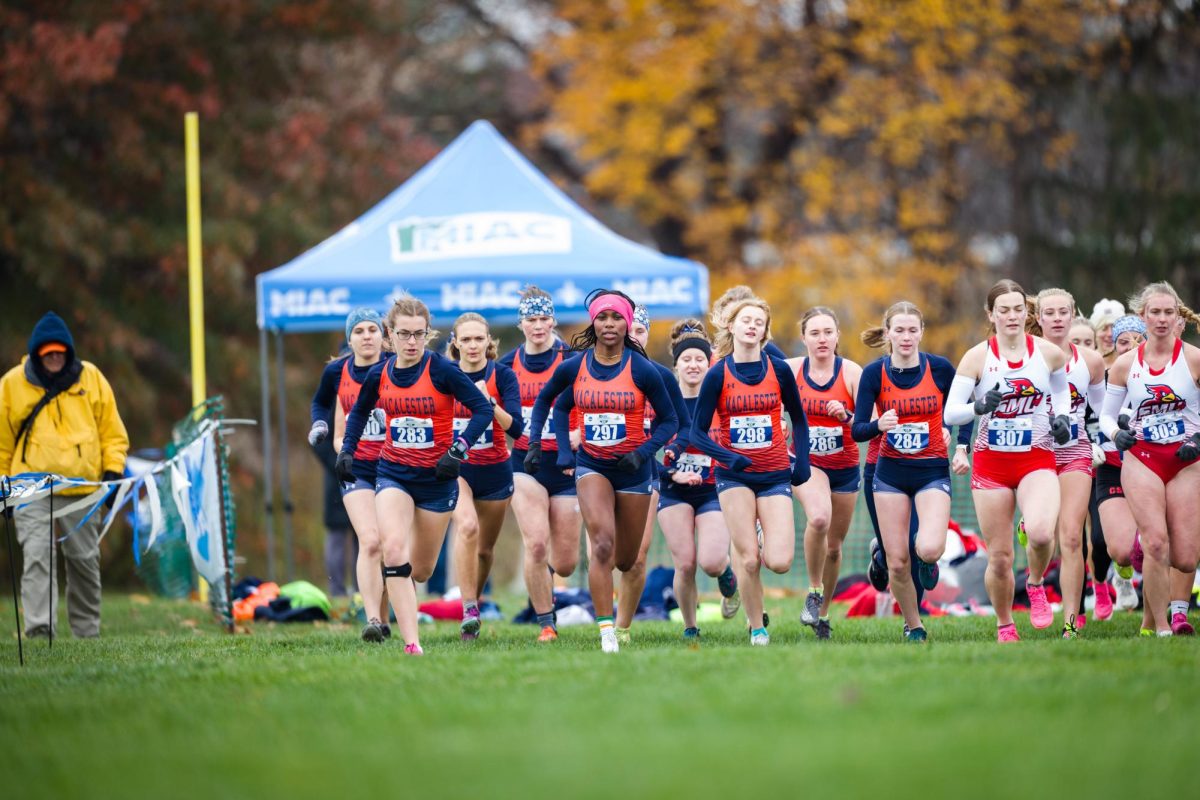
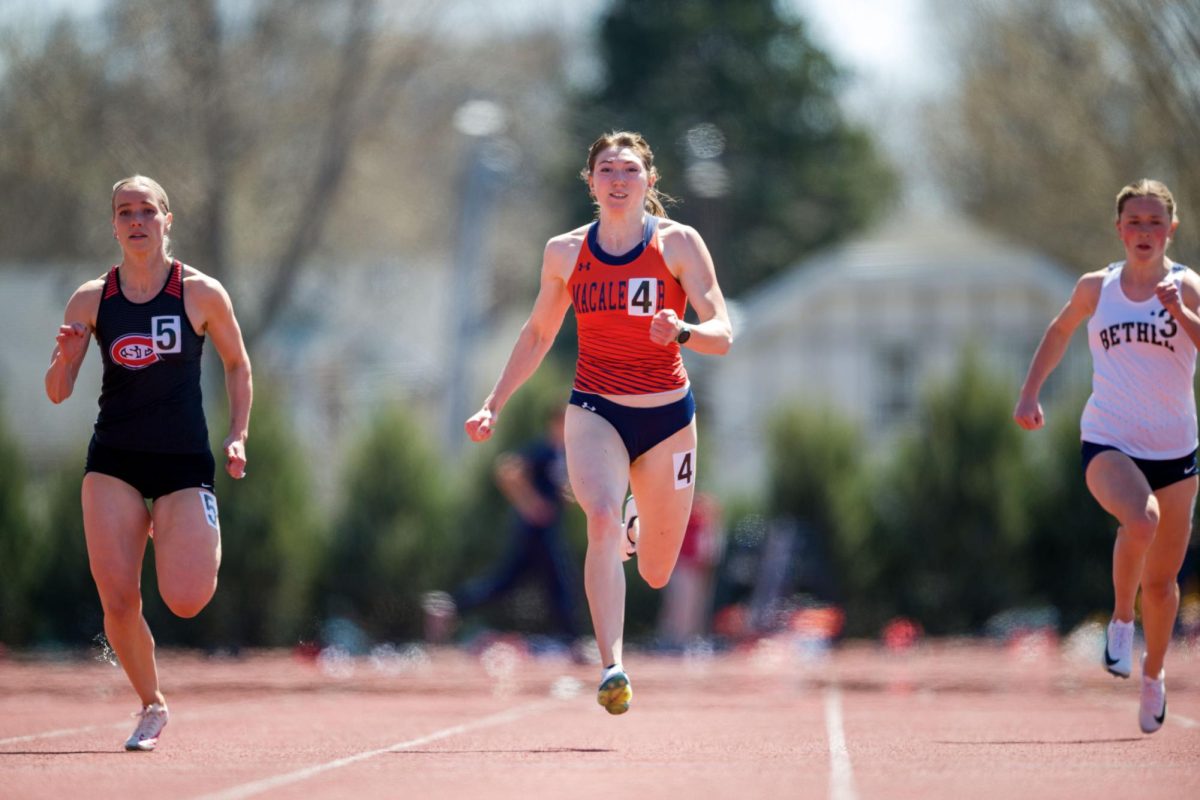
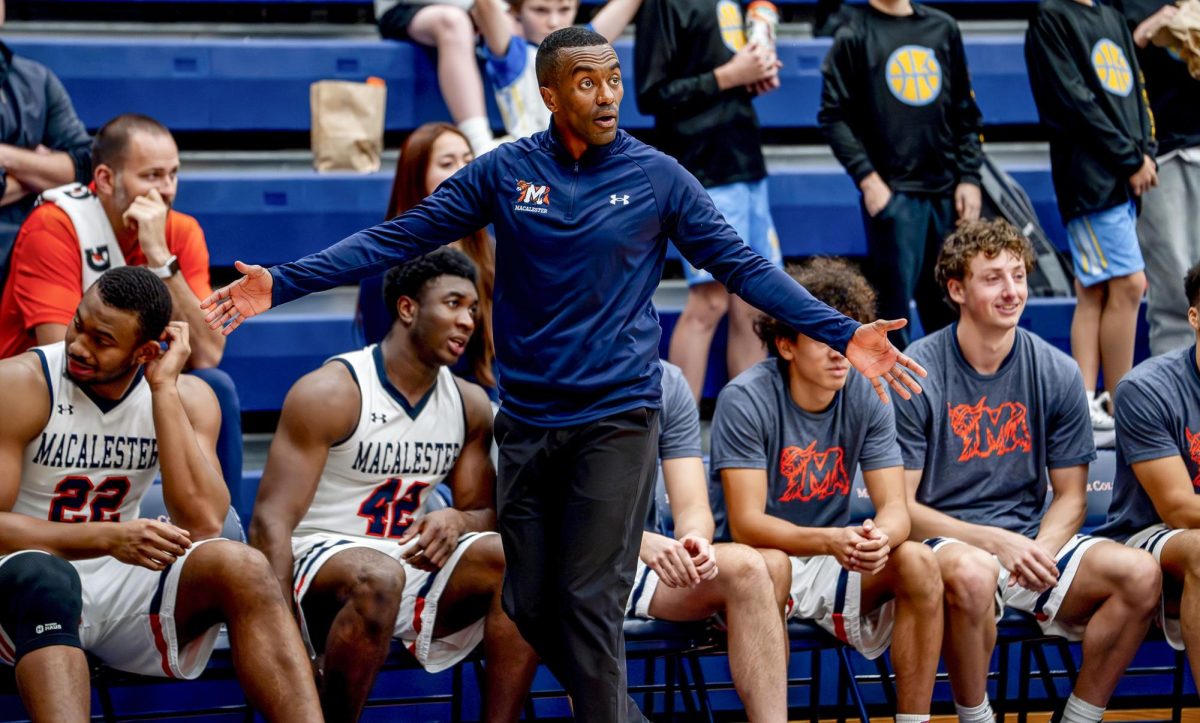
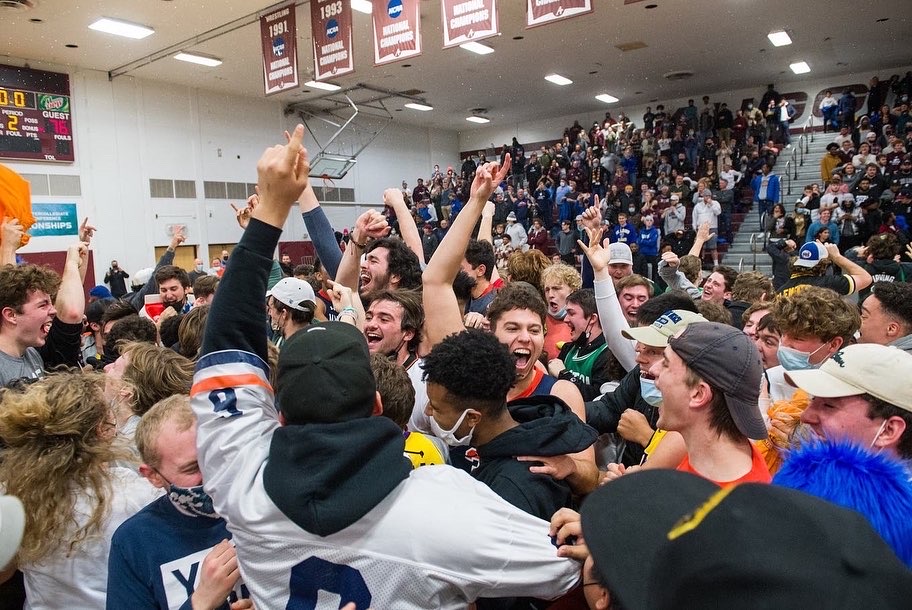
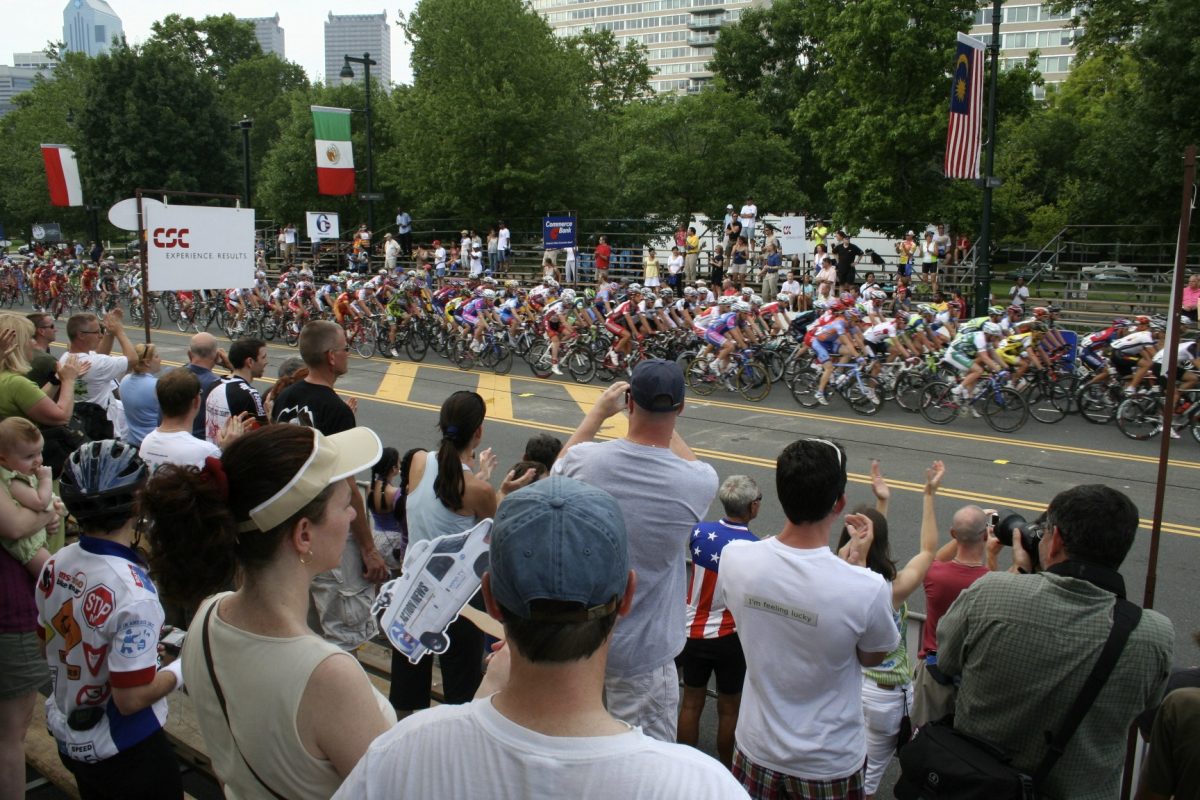
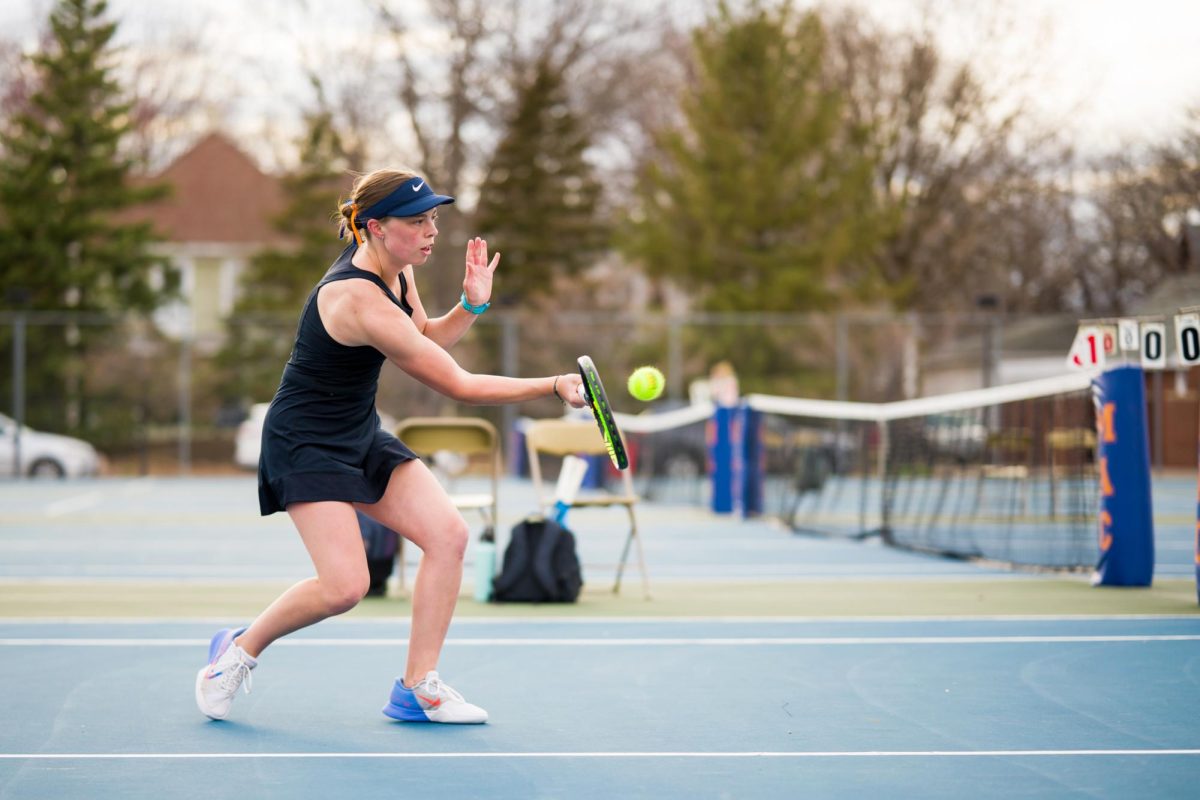
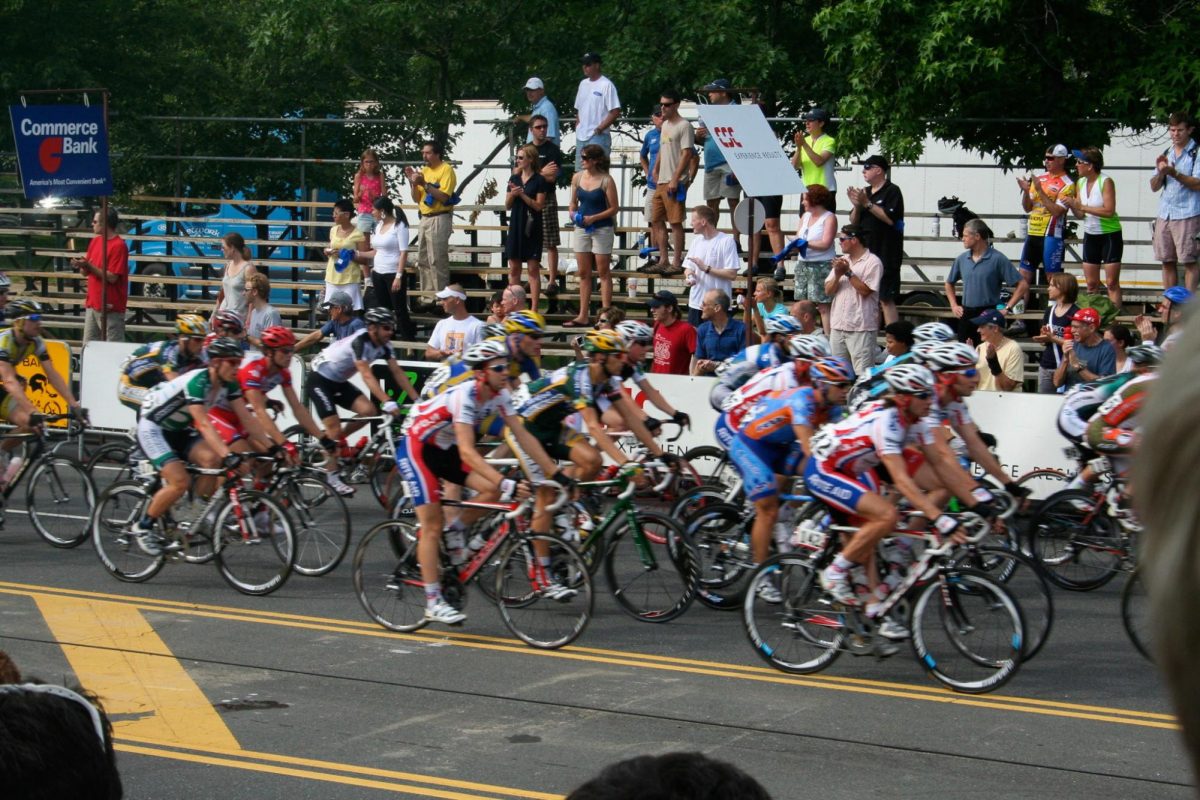
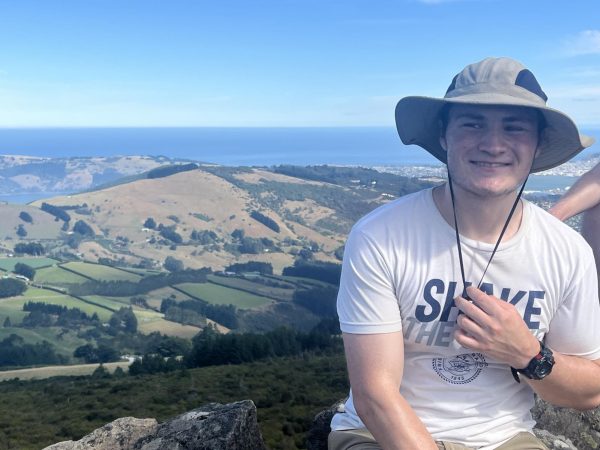
Alexander Fendig • Nov 17, 2023 at 12:43 pm
Great Article!!